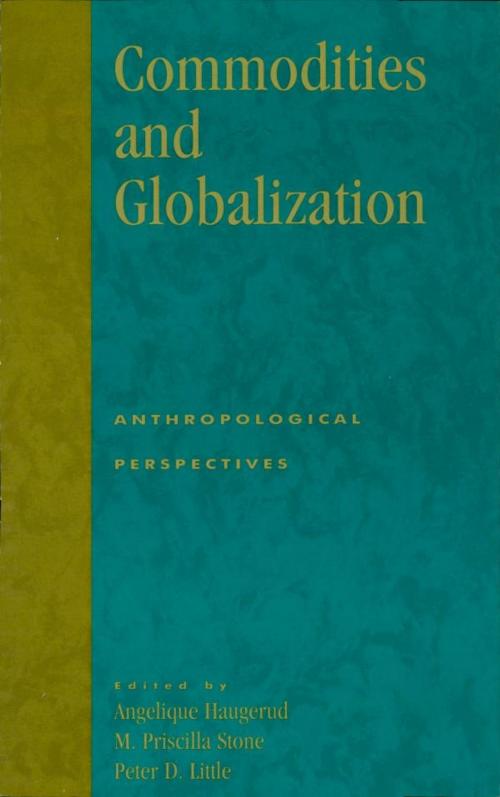Commodities and Globalization
Anthropological Perspectives
Nonfiction, Social & Cultural Studies, Social Science, Anthropology| Author: | ISBN: | 9780742574182 | |
| Publisher: | Rowman & Littlefield Publishers | Publication: | July 5, 2000 |
| Imprint: | Rowman & Littlefield Publishers | Language: | English |
| Author: | |
| ISBN: | 9780742574182 |
| Publisher: | Rowman & Littlefield Publishers |
| Publication: | July 5, 2000 |
| Imprint: | Rowman & Littlefield Publishers |
| Language: | English |
TodayOs growing fascination with flows of people, commodities, technology, capital, images and ideas across national and other boundaries poses fresh theoretical and methodological challenges to anthropology. Commodities offer a particularly useful window on globalization because they, unlike electronically conveyed capital, transport cultural messages. These ideological or symbolic transfers are of particular interest to economic anthropology. This collection considers how conceptions and roles of commodities may change in response to widening spheres of economic interaction and exchange. The essays in this volume are ordered under two themes. Those included in the first section, OCommodities in a Globalizing Marketplace,O address historically and culturally defined variations in meanings and practices associated with commodities in globalizing markets. In Part Two, OThe Circulation and Revaluation of CommoditiesO, contributors analyze how commodity producersO experiences are informed by colonial and post-colonial history, state directives in the marketplace, and locations in dependent or marginalized regions. The chapters all focus on the production process as it responds to, is distorted by and increasingly is controlled by the determination of the value of those commodities outside a OlocalityO.
TodayOs growing fascination with flows of people, commodities, technology, capital, images and ideas across national and other boundaries poses fresh theoretical and methodological challenges to anthropology. Commodities offer a particularly useful window on globalization because they, unlike electronically conveyed capital, transport cultural messages. These ideological or symbolic transfers are of particular interest to economic anthropology. This collection considers how conceptions and roles of commodities may change in response to widening spheres of economic interaction and exchange. The essays in this volume are ordered under two themes. Those included in the first section, OCommodities in a Globalizing Marketplace,O address historically and culturally defined variations in meanings and practices associated with commodities in globalizing markets. In Part Two, OThe Circulation and Revaluation of CommoditiesO, contributors analyze how commodity producersO experiences are informed by colonial and post-colonial history, state directives in the marketplace, and locations in dependent or marginalized regions. The chapters all focus on the production process as it responds to, is distorted by and increasingly is controlled by the determination of the value of those commodities outside a OlocalityO.















